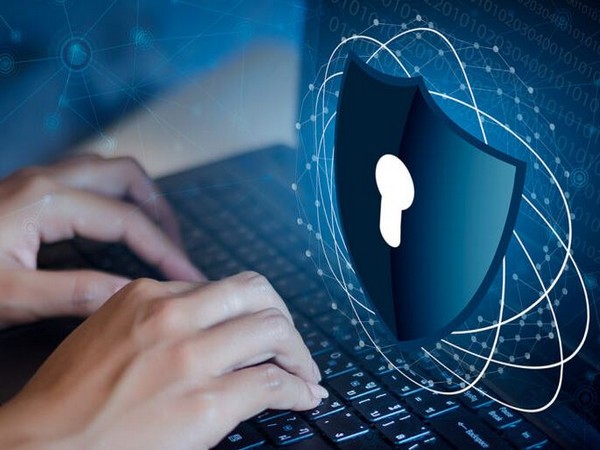Research paves way for future quantum-secure conference calls
The researchers harnessed the multipartite quantum entanglement property of quantum physics to share keys simultaneously between the four parties, via a process called Quantum Conference Key Agreement (QCKA), overcoming the limitations of traditional QKD systems to share keys between just two users, and enabling the first quantum conference call to occur.

Researchers at Quantum Communications Hub along with their German colleagues recently demonstrated a quantum-secure conference call involving four parties, a timely advance in quantum secured communications that could lead to conference calls with inherent unhackable security measures in future.
With the increasing reliance on remote collaborative working, including conference calls, due to the ongoing global pandemic, the world is also witnessing a dramatic surge in cyberattacks.
According to the researchers, secure communications rely upon the sharing of cryptographic keys. The keys used in most systems are relatively short and can therefore be compromised by hackers while the key distribution process is under increasing threat from quickly advancing quantum computers. To address these growing threats to data security, new, secure methods of key distribution are needed.
In this demonstration, Quantum Key Distribution (QKD), a mature quantum technology that harnesses the properties of quantum physics to facilitate guaranteed secure distribution of cryptographic keys, was deployed.
The researchers harnessed the multipartite quantum entanglement property of quantum physics to share keys simultaneously between the four parties, via a process called Quantum Conference Key Agreement (QCKA), overcoming the limitations of traditional QKD systems to share keys between just two users, and enabling the first quantum conference call to occur. The four parties, separated by up to 50 km of optical fibre, shared an image of a Cheshire cat.
Led by Hub researchers based at Heriot-Watt University, the research titled "Experimental quantum conference key agreement" is published in the journal Science Advances.
"We've long known that quantum entanglement, which Albert Einstein called 'spooky action at a distance' can be used for distributing secure keys. Our work is the first example where this was achieved via 'spooky action' between multiple users at the same time -- something that a future quantum internet will be able to exploit," noted Senior author, Professor Alessandro Fedrizzi, who led the team at Heriot-Watt.










